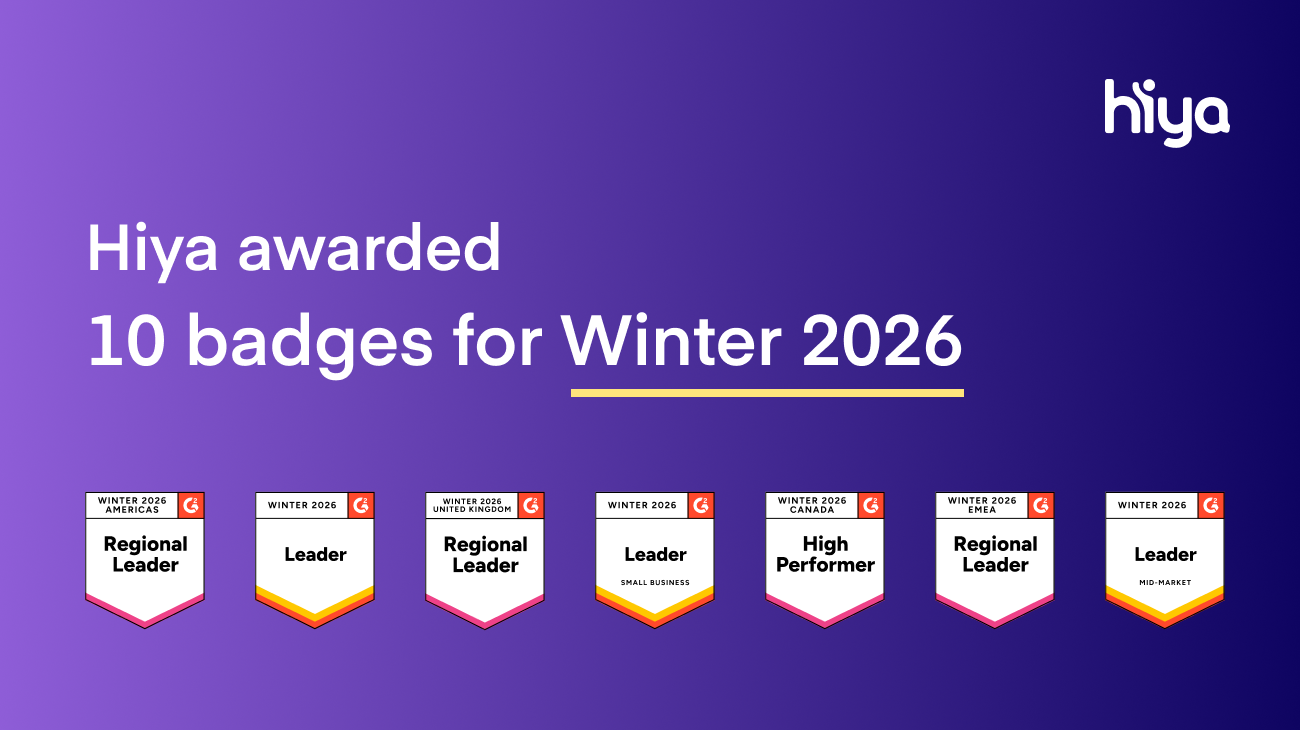
In the wake of Hurricane Ian in Florida, and Hurricane Fiona which stretched from Puerto Rico to Eastern Canada, relief organizations have mobilized to provide assistance. But along with the selfless volunteers and staff who provide aid, come the inevitable scammers. The Federal Trade Commission (FTC) has issued a Consumer Alert cautioning consumers to be on the lookout for hurricane-related scams, saying:
“Nobody knows how long it’ll take to recover from the destruction Hurricane Ian left behind. But we do know it won’t be long before scammers start trying to cash in on the deadly storm.”
In fact, Hiya’s data is already showing an increase in hurricane-related scam calls. Phone users using Hiya Protect through their carrier, device manufacturer, or the Hiya app, are able to report spam and fraud calls to Hiya from their mobile device. User reports mentioning “hurricane” went from zero on September 25 (three days before the hurricane made landfall in Southwest Florida) to more than 20 per day by September 30.
Advice for those wanting to donate
While charitable donations are essential for organizations that provide disaster relief, the FTC offers these tips to avoid scams for people wanting to contribute:
- Research the organization before you give. Donate to charities you know and trust, with a proven record of dealing with disasters. The following organizations offer reports and ratings about how charitable organizations spend donations and how they conduct business: BBB Wise Giving Alliance, Charity Navigator, CharityWatch.
- Beware that scammers can spoof caller ID to make a call look like it’s from a local area code. If you have any questions about the legitimacy of the phone number that’s calling you, call the organization directly or make your donation on the organization’s official website.
- Scammers may use names that sound a lot like the names of real charities. Using the websites listed above, you can search charitable organizations by name and check out their ratings.
- Don't donate cash or pay by gift card, cryptocurrency or by wiring money. That’s how scammers ask you to pay. Instead, pay by credit card, which offers more protections, or by check.
Advice for those affected by a hurricane
The FTC also has advice for people who have been affected by hurricanes and other natural disasters. Whether you’re contacted by phone or someone shows up at your door, be on the lookout for:
- Scammers who pose as government officials.
- Scammers who promise they can help you get aid for a fee.
- Unlicensed contractors promising quick repairs, clean-up, or debris removal.
- Anyone who demands money upfront or wants you to give them personal information.
How to prevent scammers from calling
Carriers can protect their customers from scam calls by adding Hiya Protect, which blocks fraud calls and labels nuisance calls with high accuracy, without blocking important calls.
Enterprises can help their customers feel safe answering the phone by adding Hiya Connect, which enables businesses to display their company name, logo and reason for the call on the recipient’s mobile phone.
Individuals can check with their phone carrier to see if it offers network-level spam/scam protection and, if not, download the Hiya mobile app.

.jpg)

